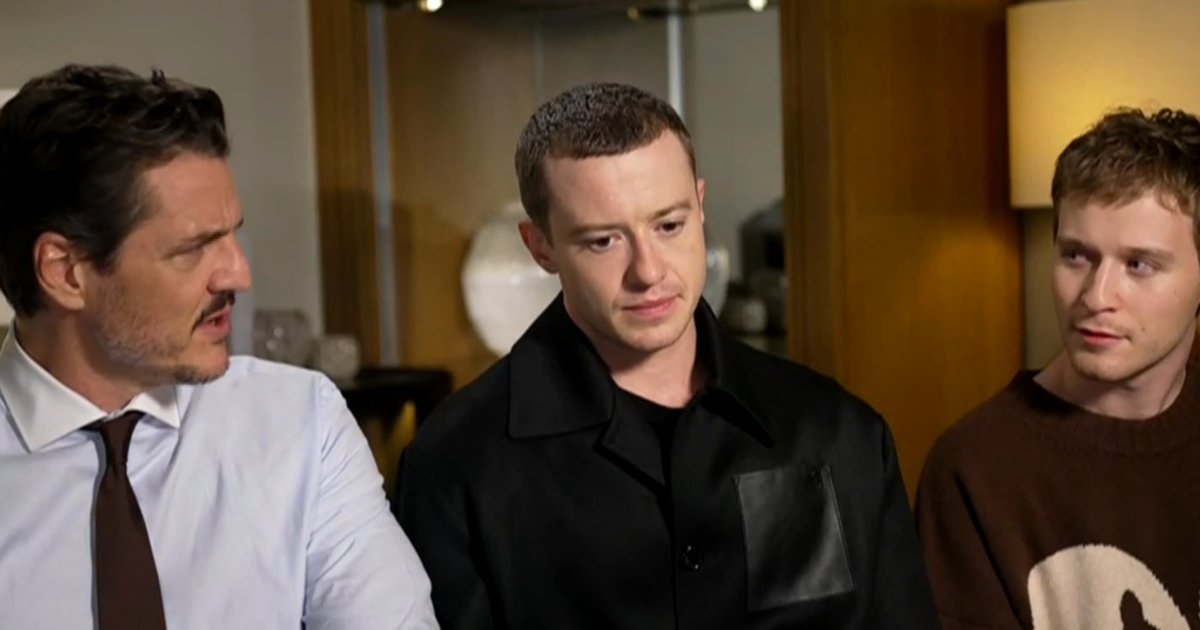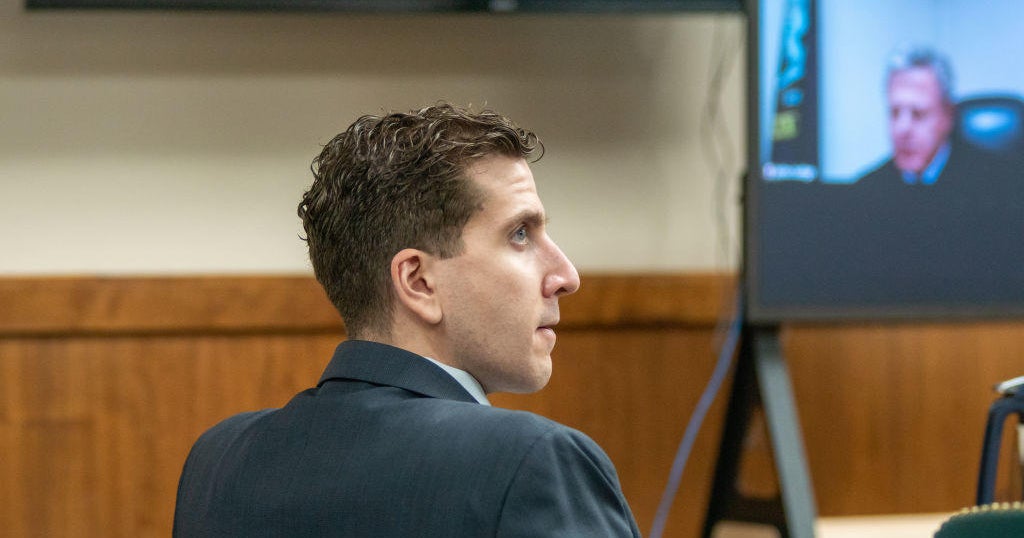Author Arthur Brooks inspires science of happiness through personal journey: "You can do the work"
Bestselling author and columnist Arthur Brooks is inspiring people through his writing to embrace happiness.
The behavioral scientist, who is also a professor at Harvard University, started researching happiness because he too wanted to be happy.
"I always kind of viewed happiness like astronomy," he said. "An astronomer doesn't think he is going to change the stars. He is going to study the stars and that's how I looked at happiness."
He credits his wife for helping to change his viewpoint when he was in his 50s, saying he is 60% happier than he was five years ago.
"My wife said 'It is kind of ironic that you study happiness but you are not a happy person' … She said, 'Why don't you see if you can change your own' … I changed my habits and then I started teaching a class on it at Harvard and my life started to change. It's really true," Brooks said.
Brooks' work has inspired the likes of Oprah, actor Matthew McConaughey, former Presidents Barack Obama and George W. Bush, along with people all over the country, including David Cornbrooks from Arlington, Virginia.
Cornbrooks said Brooks' writing helped him find meaning in the face of a heartbreaking diagnosis. A little over two years ago, Cornbrooks found out he had stage four lung cancer.
"I frankly, I didn't know that you could get lung cancer without having smoked before," Cornbrooks said. "I don't think I dealt with that initial shock right away. I kind of went back to my regular life, probably denial."
Cornbrooks said he had the same reaction as a high school senior when his father died. Years later, he struggled with those feelings as a father with two young kids.
"I think before the diagnosis, I cried maybe a handful of times in my whole life. One of which was right after my dad passed away, like in the hospital," Cornbrooks said. "I've cried probably a dozen or more times alone, with my wife, you know, around my kids and I think I live a deeper, you know, more rich lifestyle now."
He credits Brooks' writing for helping him through this time in his life and said his piece "The Red Pill of Humility" in "The Atlantic" resonated with him.
"So, humility, I think has been the one word and concept that he has written about that has resonated the most and that's sort of the full acceptance of the truth about yourselves," Cornbrooks said.
Brooks said Cornbrooks is turning his terrible diagnosis filled with pain and sadness into inspiration and a lesson for others.
"'The Red Pill of Humility' is that we don't want to be humble … Mother Nature really doesn't care if we are happy. Mother Nature wants us to survive and pass on our genes and so she imprints these behaviors in us that are not optimal, that are not the best," Brooks said. "Like make yourself look better than other people, focus only on yourself and when you fight against that you find that the secret to being fully alive, the secret to becoming a happier person is sometimes doing the opposite."
Brooks said he's done a lot of research on loneliness. When someone feels lonely, the immediate cure is often to go find someone else who is lonely and relieve their isolation.
"It's amazing," he said. "It's the same thing as anything else. If you want more of something, give it away. Mother Nature doesn't tell you that, but it is a cosmic truth."
While Brooks explains that feelings are associated with happiness, happiness itself is not a feeling.
"Happiness is more tangible, which is great news," he said. "You can do the work. Happiness is a combination of enjoyment of your life, satisfaction with your accomplishments and a sense of the meaning of your existence."
Enjoyment, satisfaction and meaning in life will increase a person's well-being, Brooks said. He explained that meaning is a macronutrient, one element of happiness.
"Meaning is really why things happen the way they do, the goals and direction in your life and why your life matters."
To think about meaning, Brooks suggests asking yourself two questions.
"Number one, what's your answer to 'why am I alive?' The way to pass that test is to have an answer. The way to fail is to go 'I don't know.' Second question, 'for what would you gladly give your life on this day?' If the answer is nothing, that is a problem. A sense of meaning is to have an affirmative answer that is written on your heart to those two questions."
If people don't know, Brooks said that's good news because it tells you to go and search for the answers, "and a miracle will happen in life," he said.




